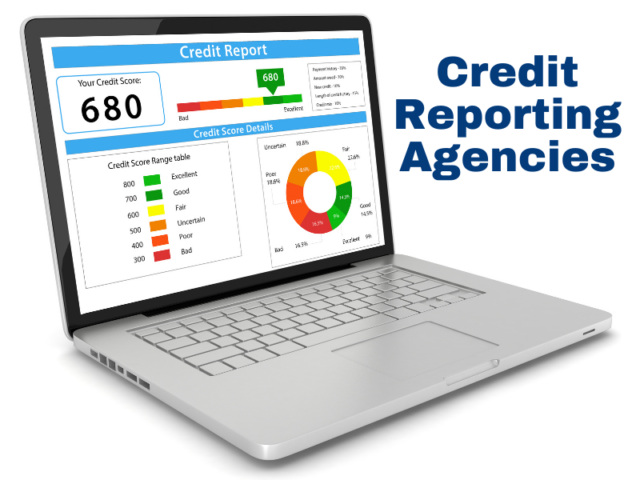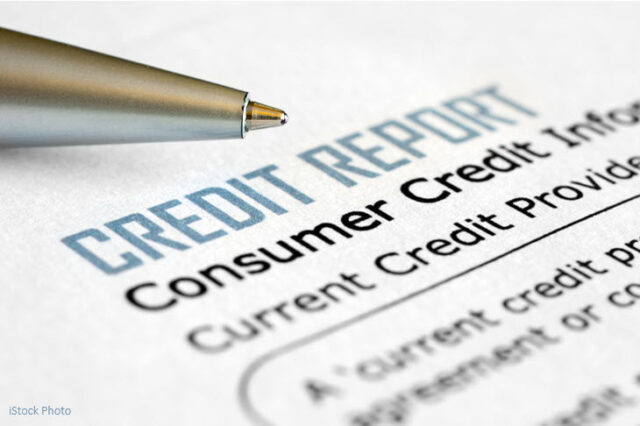We would love to believe that credit reports are accurate, but unfortunately, they aren’t always right! YIKES!!! Errors on your report could result in a lower credit score, higher interest rates, denied loans, and increased insurance premiums. A credit report with erroneous information can also prevent you from getting a job, renting an apartment, or buying a house. Since bad information is so prevalent, you should order and review your credit reports regularly.
How to Check Your Credit Report:
- Order your official reports from AnnualCreditReport.com. You can select your Experian, TransUnion, and Equifax reports. You can request a copy of each report as often as weekly by answering a few identifying questions. You should order and review each of the reports. Differences between the reports may exist because not all creditors report to each bureau or they may report data at different times.
- Once you download your reports, review them very carefully. Errors can come in many forms. Credit report errors can include accounts or loans that have been paid off but appear unpaid, individual loans listed multiple times, or debts incorrectly reported in collections. Names can be misspelled, addresses can be wrong, or birth dates can be incorrect. Also, look for information that might belong to someone else with a similar name or Social Security number. These types of errors may be typographical errors or signs of fraud or identity theft.
There are five major areas in your credit report, and you’ll want to carefully review each for errors:
- Collections – This section will show if any of your accounts have been sent to collection. Make sure any reported collections are accurate.
- Personal Information – Verify that your name, address, Social Security number, birth date, and employment information are correct.
- Credit Accounts (also known as Trade Lines) – Verify that all your credit accounts (credit cards, loans, mortgages, etc.) are listed accurately, including account numbers, credit limits, balances, and payment history. Closed accounts will also be listed.
- Credit Inquiries – Review the list of inquiries to ensure they are accurate and authorized by you. Look for any unfamiliar inquiries, especially hard inquiries, as they can impact your credit score.
- Public Records – This section will list any bankruptcies, liens, and judgments taken against you. Ensure that any data in this area, if any, are accurate.
What to Do If You Find Discrepancies:
- Highlight any discrepancies you find. Gather any supporting documentation you may have to support your position. Receipts, contracts, canceled checks, and bank statements can serve as evidence in your case.
- Dispute the error. Start with the creditor, asking them to issue a correction to the reporting agency. If they don’t, you can dispute with the credit agency that is showing the error. Each will have a preferred method of disputing, and the steps will be provided with your report.
- Follow up. The credit bureau should investigate your claim, but be aware that it can take time to resolve and correct. Give them 60 days and re-engage if the error is unresolved after that period.
Find Out More with MyMilitarySavings.com and Finance!
















